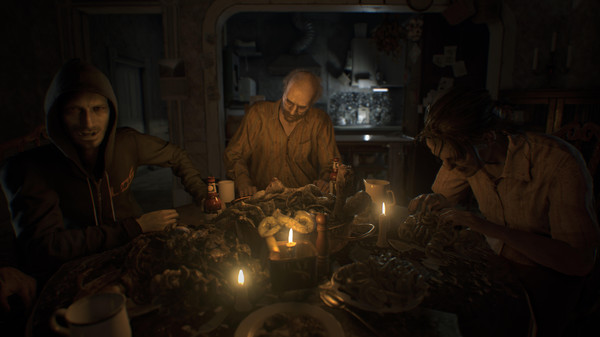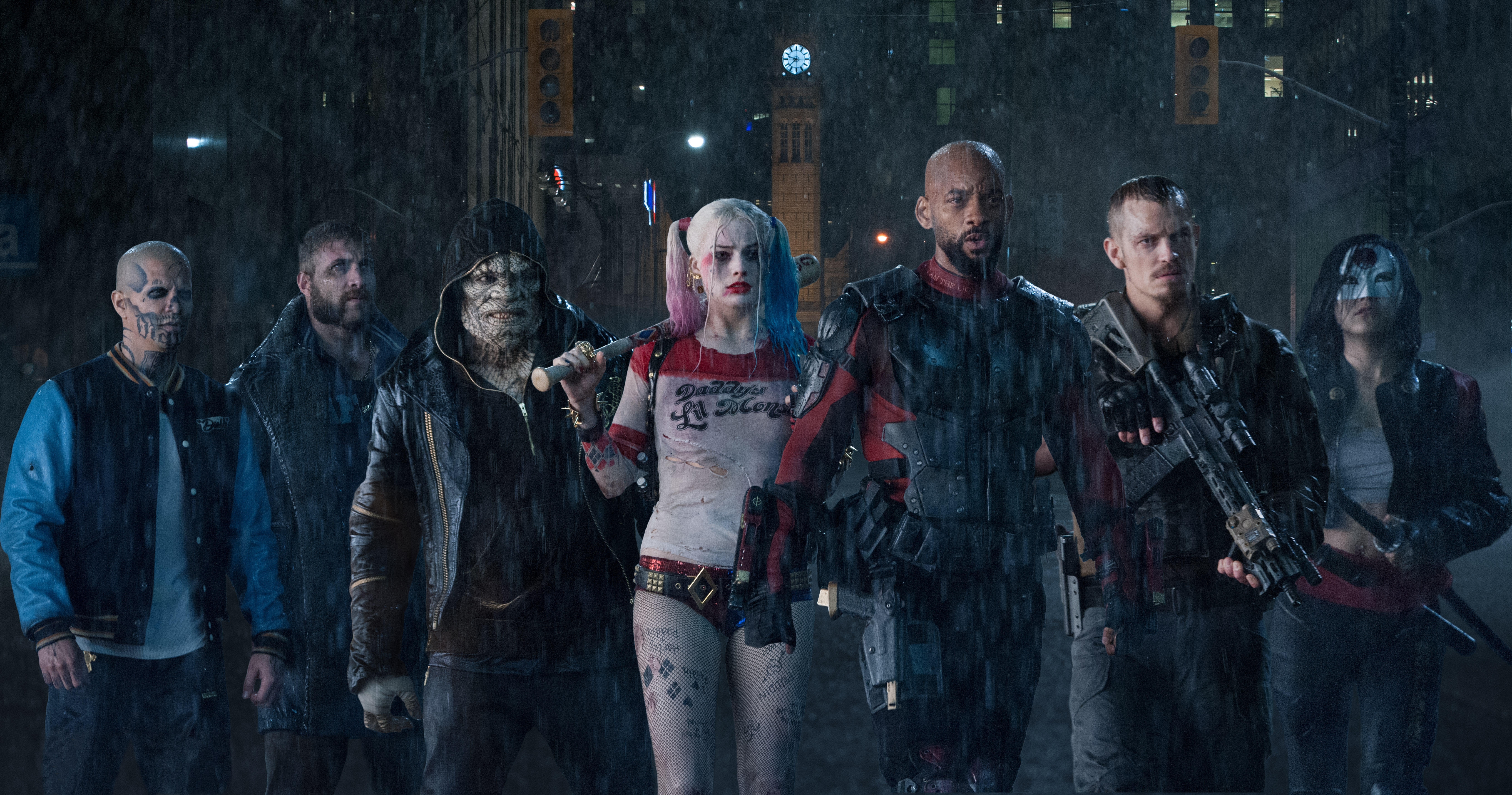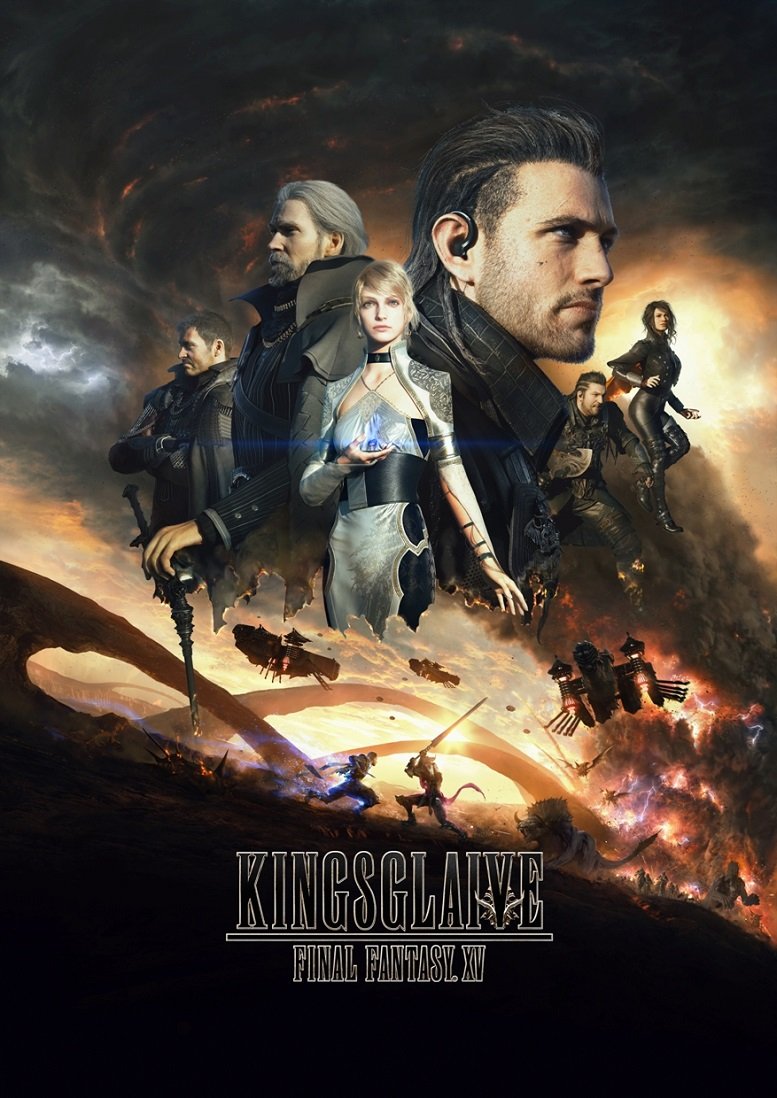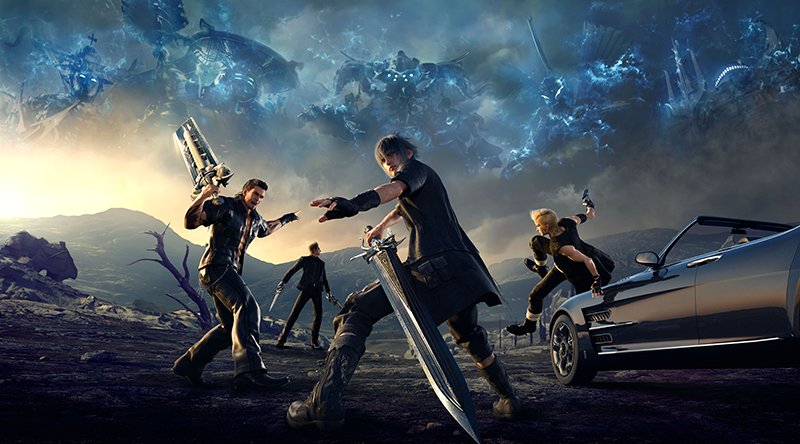When you break it down, there are two major competing ideologies when it comes to modern game design. On the one hand, you have your open-world, player-driven experiences. In these titles, developers craft expansive sandboxes of potential experiences and give the player a number of ways to interact with their environment. Games like The Elder Scrolls, Grand Theft Auto, Far Cry, and Assassin’s Creed give players unique stories and memories, things to laugh about or share with friends. These “high expression titles,” as Warren Spector once called them, are often considered the more forward-thinking, or pure, examples of game design.
But their successes do not mean that we should discount the strengths of games that eschew freedom in pursuit of more explicitly crafted experiences. Looking at the output of Naughty Dog, one of the most renowned developers, we can see how powerful these directed experiences can be. The Last of Us tells an incredible story, perhaps the best we’ve seen in the industry, by tying the game’s progression and gameplay scenarios to the feelings of tension or relief inherent in the story beats.




